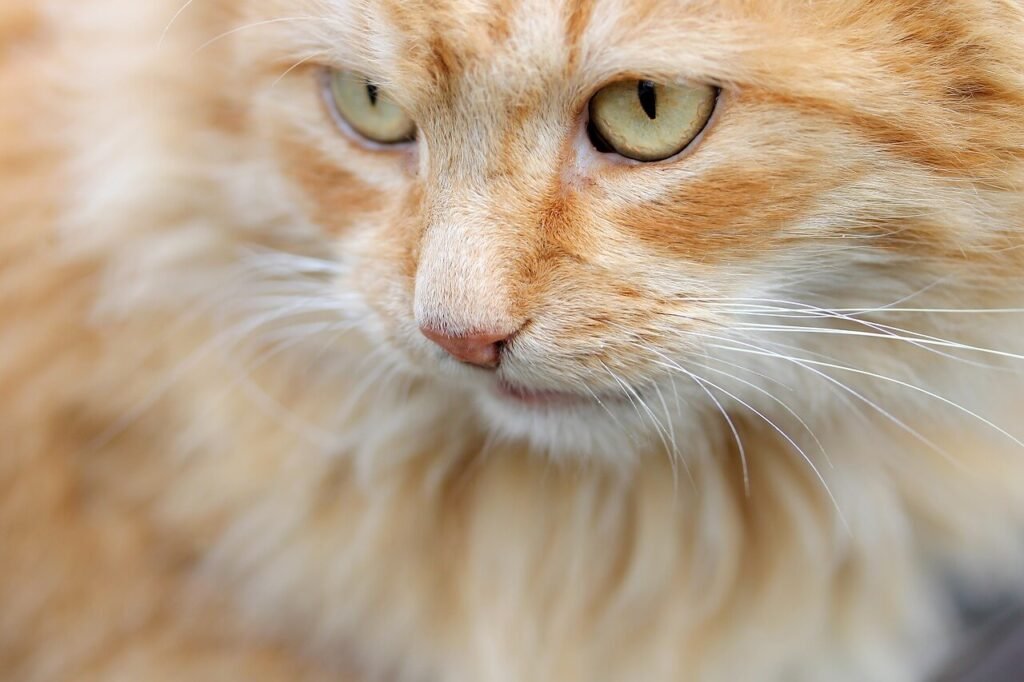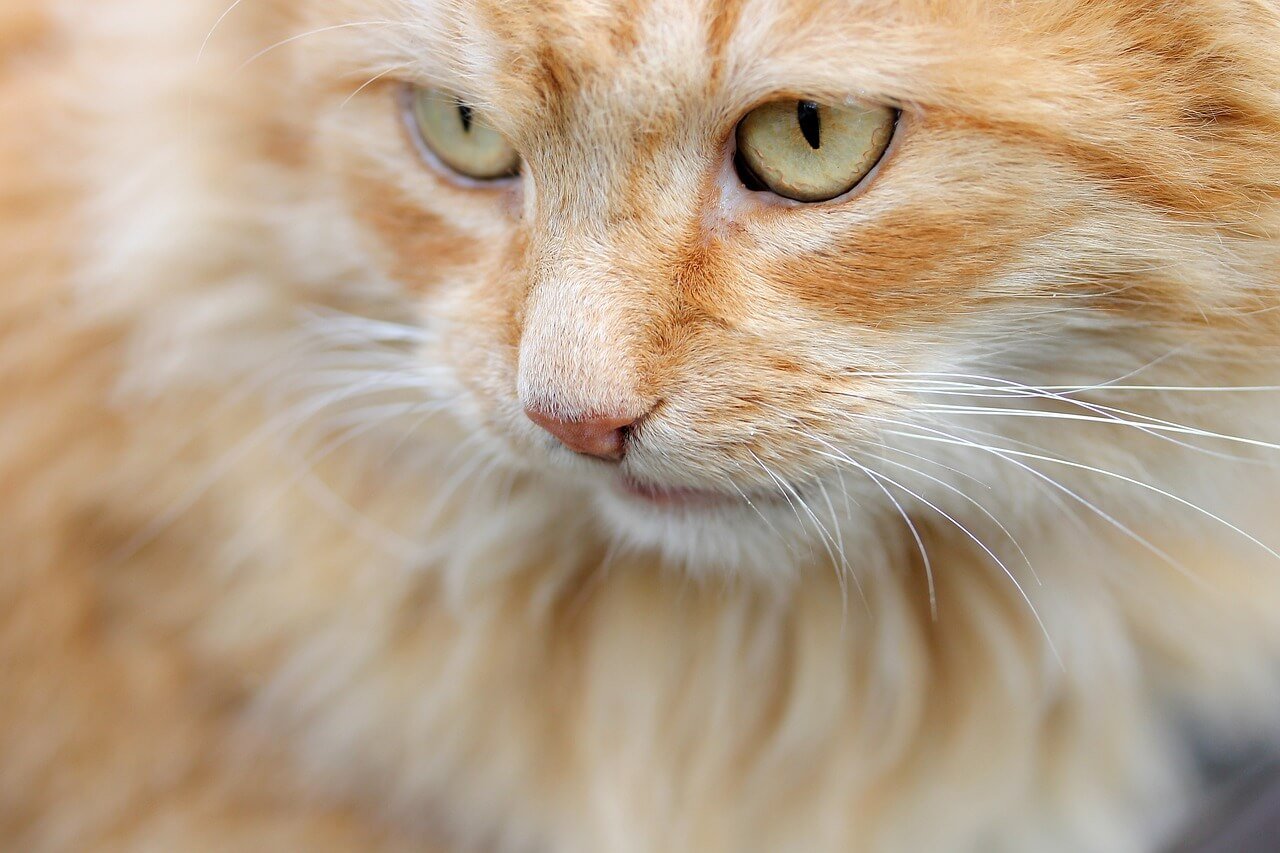The Surprising Charm of Cat Snoring
Cats are often portrayed as graceful, silent creatures that move through our lives with an air of mystery. Yet, if you’ve ever shared your home with a feline companion, you know they’re far from quiet all the time. One of the most endearing and amusing sounds a cat can make is their gentle (or sometimes not-so-gentle) snore. While it might seem unusual at first, cat snoring is more common than you think—and it can tell us a lot about our furry friends.
Whether you’re a seasoned cat parent or new to the world of feline companionship, understanding why cats snore and what it means can deepen your bond with your pet. Let’s dive into this fascinating topic and explore the delightful quirks of cat snoring.
Why Do Cats Snore? Key Factors to Consider
Cat snoring may seem like a random occurrence, but there are several reasons behind this phenomenon. Below, we’ll break down some of the most common factors that contribute to your cat’s nighttime symphony.
Sleeping Position
Cats often sleep in positions that compress their airways, leading to snoring.Breed Characteristics
Certain breeds, such as Persians or Himalayans, are more prone to snoring due to their flat faces.Weight and Obesity
Overweight cats may experience snoring because excess fat can narrow their air passages.Nasal Congestion
A stuffy nose from allergies or infections can temporarily cause snoring.Relaxed Throat Muscles
During deep sleep, a cat’s throat muscles relax, which can produce snoring sounds.
Understanding these factors can help you determine whether your cat’s snoring is harmless or if it requires veterinary attention. Either way, knowing the cause can bring peace of mind.
Is Cat Snoring Normal? What You Need to Know
While cat snoring can be adorable, it’s important to assess whether it’s a normal behavior for your pet. Here’s a breakdown of what you should consider when evaluating your cat’s snoring habits.
Frequency Matters
Occasional snoring is usually nothing to worry about, but frequent or loud snoring could indicate an issue.Behavioral Changes
If your cat seems lethargic, irritable, or unwell alongside snoring, consult a vet.Breathing Patterns
Pay attention to whether your cat struggles to breathe during waking hours as well.Environmental Triggers
Dust, smoke, or strong odors in your home can irritate your cat’s nasal passages.Age Factor
Older cats may develop snoring due to age-related changes in their respiratory system.
By keeping these points in mind, you can better gauge whether your cat’s snoring is simply a quirk or something that needs further investigation.
Check this guide 👉Why Do Cats Lick Their Paws? Best 7 Behavior Tips!
Check this guide 👉Why Does My Cat Sleep on My Pillow? Best 7 Behavior Tips!
Check this guide 👉Why Does My Cat Sleep on Me? Best 7 Behavior Tips!

Factors Contributing to Cat Snoring | Tips to Address Them |
|---|---|
Sleeping Position | Provide a comfortable bed to encourage proper posture. |
Breed Characteristics | Monitor brachycephalic breeds closely for breathing issues. |
Weight and Obesity | Maintain a healthy diet and exercise routine for your cat. |
Nasal Congestion | Keep your home clean and free of allergens. |
Relaxed Throat Muscles | Ensure your cat has a stress-free sleeping environment. |
How to Help Your Cat Sleep Better and Reduce Snoring
If your cat’s snoring is disrupting their rest—or yours—you can take steps to improve their sleep quality. Here are some practical tips to consider.
Create a Comfortable Sleep Space
Ensure your cat has a cozy, quiet area to sleep without disturbances.Monitor Their Diet
A balanced diet can prevent weight gain, which reduces the likelihood of snoring.Regular Vet Check-Ups
Routine visits can catch any underlying health issues early on.Minimize Allergens
Keep your home clean and use air purifiers to reduce dust and allergens.Encourage Playtime
Daily exercise helps maintain a healthy weight and promotes better sleep.
By implementing these strategies, you can help your cat enjoy deeper, quieter sleep while minimizing snoring episodes.
When to Be Concerned About Cat Snoring
While occasional snoring is usually harmless, certain signs warrant immediate attention. Here’s what to look out for.
Loud or Labored Breathing
Excessive noise during sleep could signal a respiratory issue.Sudden Onset of Snoring
If your cat starts snoring unexpectedly, it may indicate a health problem.Difficulty Waking Up
This could suggest your cat isn’t getting restful sleep.Changes in Appetite or Energy Levels
These symptoms paired with snoring may point to an underlying condition.Discharge from Nose or Eyes
This could mean your cat has an infection or allergy.
Being vigilant about these warning signs ensures your cat stays happy and healthy.
Common Misconceptions About Cat Snoring
There are many myths and misconceptions surrounding cat snoring. Understanding the truth behind these beliefs can help you better care for your feline friend. Here are some common misunderstandings:
Myth: Only Sick Cats Snore
In reality, healthy cats can snore due to harmless factors like sleeping positions or breed traits.Myth: Cat Snoring Is Always Loud
Some cats produce soft, barely audible snores that you might not even notice.Myth: Snoring Means Your Cat Is in Pain
Most of the time, snoring is a natural occurrence and doesn’t indicate discomfort.
By debunking these myths, you can approach your cat’s snoring with a clearer perspective and avoid unnecessary worry.
How to Create a Snore-Free Environment for Your Cat
While you can’t always eliminate cat snoring, certain adjustments to your home can reduce its frequency. Consider these tips to create a more comfortable environment for your cat:
Invest in a High-Quality Bed
A supportive bed can encourage proper sleeping posture and reduce airway compression.Keep Your Home Humidified
Dry air can irritate nasal passages, so using a humidifier may help.Limit Exposure to Irritants
Avoid smoking indoors and use pet-safe cleaning products to minimize allergens.Provide Plenty of Space
Ensure your cat has enough room to stretch out and sleep comfortably.Maintain a Stress-Free Atmosphere
Calm surroundings can help your cat relax deeply without over-relaxing their throat muscles.
These simple changes can make a big difference in reducing your cat’s snoring and improving their overall well-being.
Fun Facts About Cat Snoring You Might Not Know
Cat snoring isn’t just a quirky behavior—it’s also full of interesting tidbits that highlight how unique our feline companions are. Here are some fun facts to deepen your appreciation for this phenomenon:
Cats Snore More in Deep Sleep
During REM sleep, cats are more likely to snore as their muscles fully relax.Snoring Can Be Seasonal
Cats may snore more during colder months when they sleep in tighter positions to conserve heat.Not All Breeds Snore Equally
Flat-faced breeds are more prone to snoring, but even slender cats like Siamese can snore occasionally.Kittens Snore More Than Adult Cats
Younger cats often sleep in funny positions, leading to adorable little snores.Snoring Can Indicate Contentment
When cats snore, it’s often a sign they feel safe and secure in their environment.
These fascinating insights show that cat snoring is not only normal but also a reflection of their unique personalities and habits.
Frequently Asked Questions About Cat Snoring
Is cat snoring always a sign of a health problem?
No, cat snoring is often harmless, but persistent or loud snoring should be evaluated by a vet.
Can kittens snore too?
Yes, kittens can snore, especially if they sleep in awkward positions.
Does my cat’s breed affect its likelihood of snoring?
Yes, flat-faced breeds like Persians are more prone to snoring due to their anatomy.
How can I tell if my cat’s snoring is caused by allergies?
Look for additional symptoms like sneezing, watery eyes, or nasal discharge.
Should I wake my cat if they’re snoring loudly?
It’s generally best to let them sleep unless they show signs of distress.
Embracing the Symphony of Cat Snoring
Cat snoring is one of those unexpected joys of pet ownership that reminds us how unique and lovable our feline companions truly are. Whether it’s the result of a funny sleeping position, breed characteristics, or just pure relaxation, snoring adds another layer to the charm of living with cats. By staying informed and attentive, you can ensure that your cat’s snoring remains a harmless quirk rather than a cause for concern. So the next time you hear those gentle snores, take a moment to smile and appreciate the little things that make your cat so special. After all, life with a cat is never boring—and their nighttime serenade is just part of the package.
Can I Give My Cat Midol? Best 7 Expert Tips! – Learn the risks, symptoms, and safe alternatives to keep your cat healthy and avoid toxic reactions.
Can I Give My Dog Midol? Best 7 Expert Tips! – Discover the risks, safe alternatives, and expert advice to keep your dog safe from accidental poisoning.
Maximum Weight for Cats on Planes: Best 7 Expert Tips! – Learn airline policies, tips to stay compliant, and ensure safe travels for your feline friend.
Max Weight for Dogs on Planes: Best 7 Expert Tips! – Discover airline weight limits, safe travel tips, and solutions for flying with your dog stress-free.





